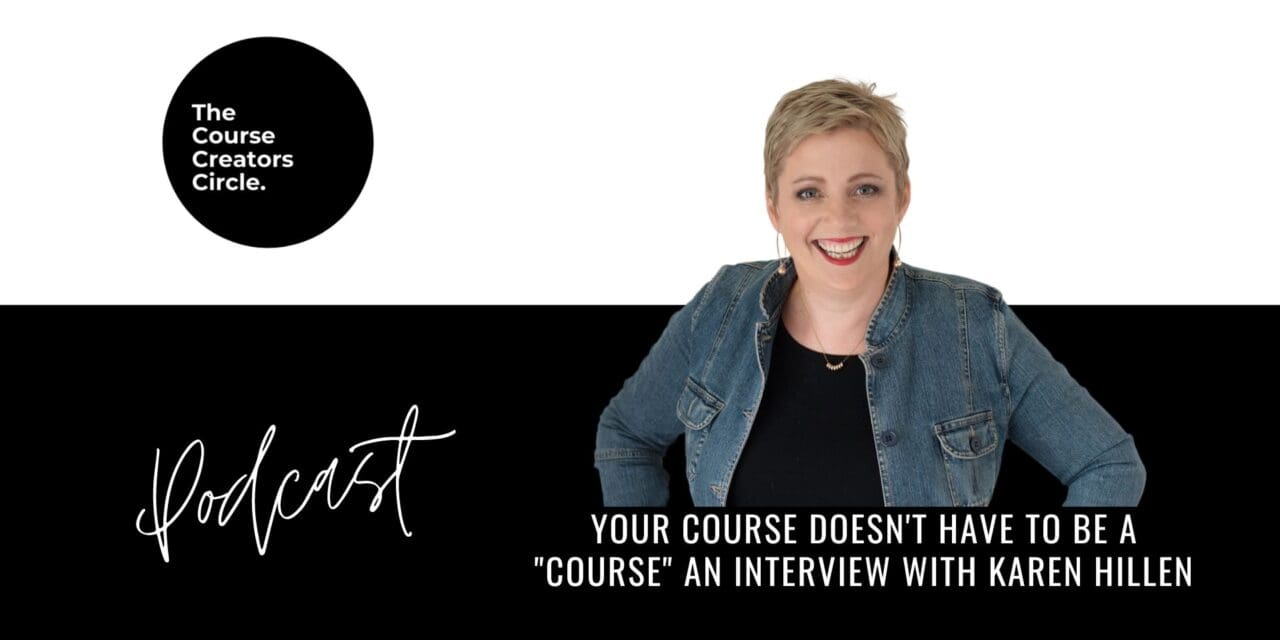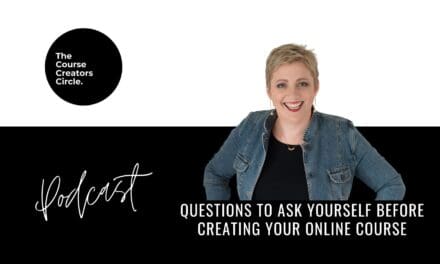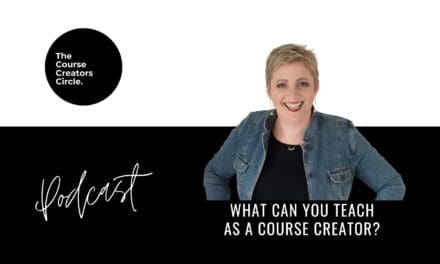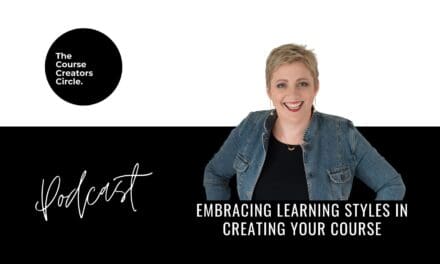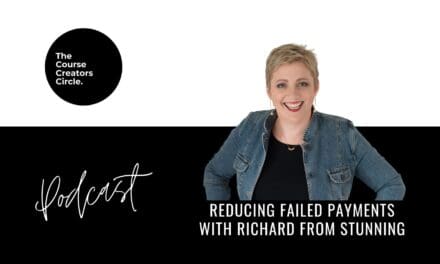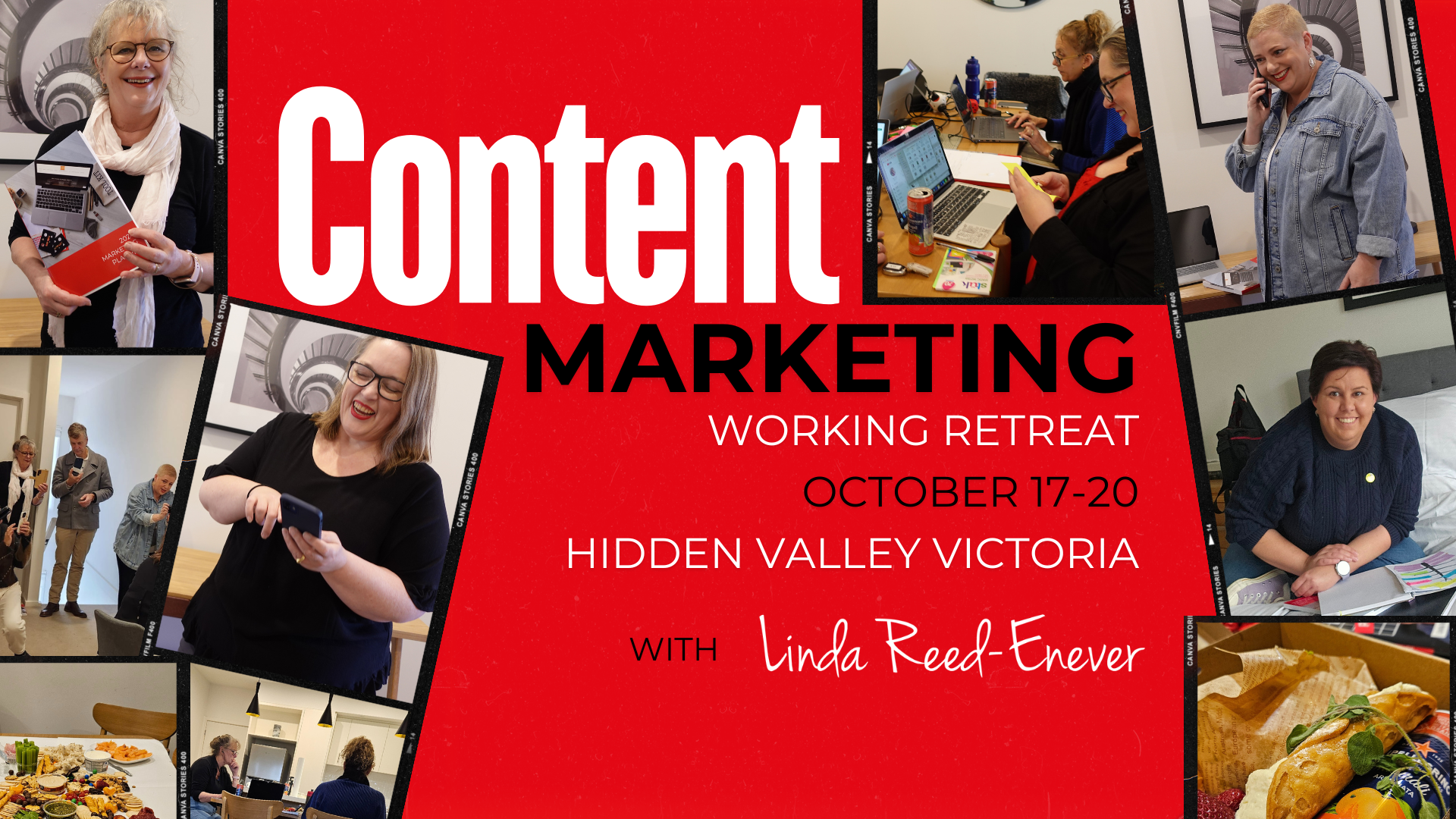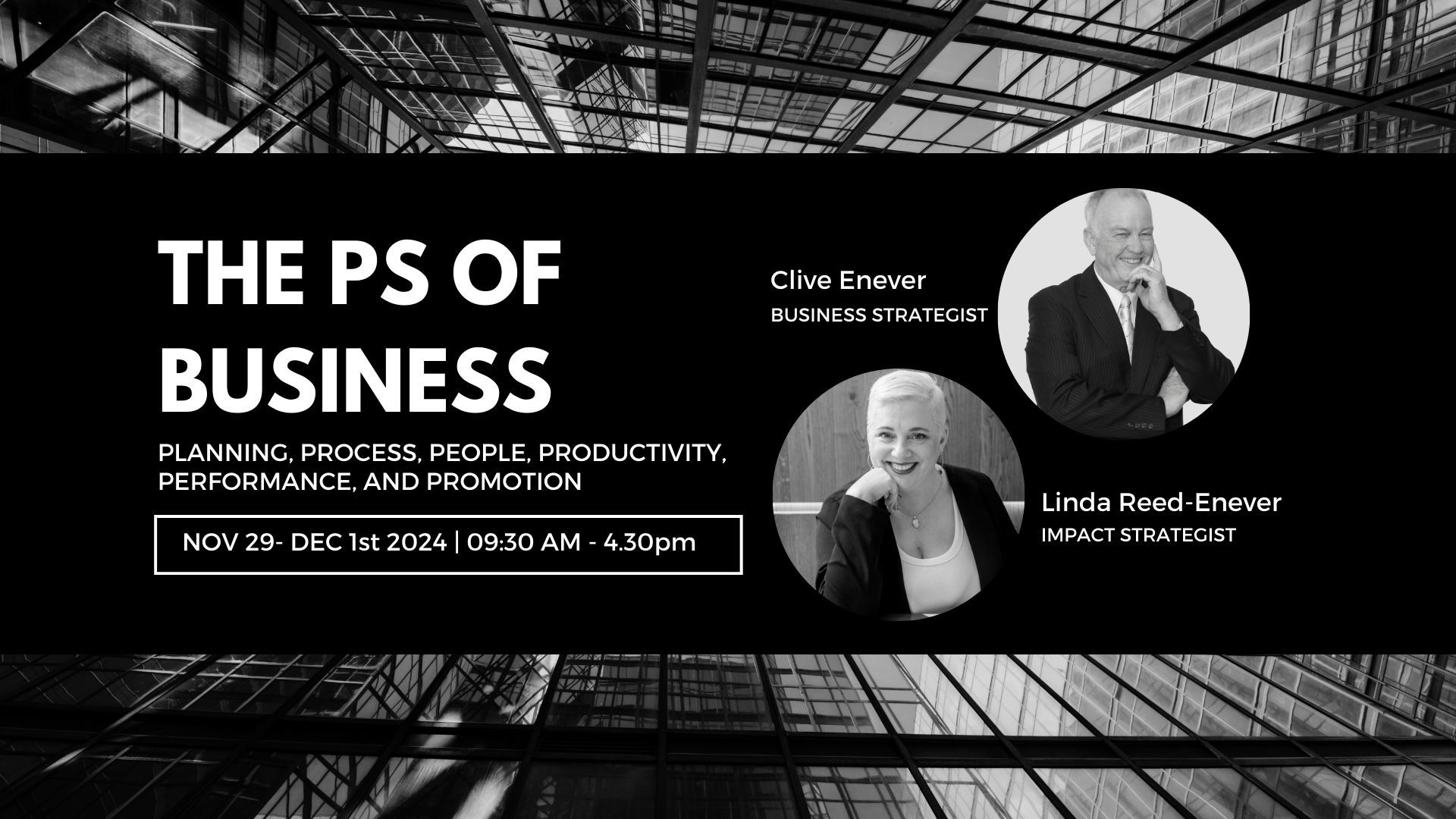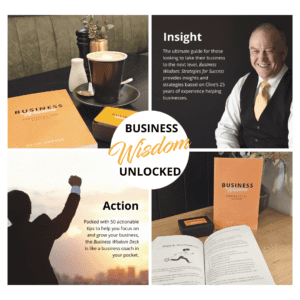One of the most common pitfalls in course creation is getting stuck with your course format. In an interview with Karen Hillen, we talk about how your course doesn’t have to be a course.
Karen Hillen is a HR advisor. Karen and I’ve known each other for many many years, and I’m excited to say that she’s finally teaching online and she’s delivering her programs by her Thinkific school, and the Course Creators Circle has been lucky to be part of that journey.
How Karen’s course started
It was something people mentioned every now and then. They say, “You should do a course. Put all this information in a course.” And Karen always sort of just discounted it.
She couldn’t see how this could be a course, so it’s just been there and she “never seriously thought about it until I started talking to you, Linda. You made me see that the information I know can be made into courses, whether they’re short or longer courses.”
“Or you know, a course that’s not really a course. I’ve been thinking about it but didn’t take it seriously.”
Karen’s course and course format
A course that’s not really a course meant Karen offers her services and expertise in a membership style.
She’s an HR advisor so she provides HR services to small businesses. Performance management, managing staff and managing HR for businesses.
Rather than courses, Karen offers membership, and this membership entitles you to a virtual HR management service. She puts all her clients’ documents together and gives them templates like employment contract templates.
Creating memberships is something we’ve focused on in particular throughout Karen’s course creation journey. It makes sure you get paid and you continually get paid. You can easily remove access if someone cancels or is not paying.
A course doesn’t have to be a course
Karen had the most amazing programs for her members, but it was also taking a lot of manual work to get everyone what they needed.
If you’re in the same boat, that’s where the courses that aren’t really courses can come in.
These are materials and course content that can lead people through your other, more advanced offerings as they progress.
These contents or materials aren’t technically courses, but you’re using a course to deliver that component.
What you can teach or impart doesn’t have to be a course. As Karen said, “It may be the delivery of a service or information. It doesn’t have to be what you think of when you think of a course.”
Once you get your head around that, you can have tons of “lightbulb moment” ideas.
What do your students need? You can think about different ways you can package your expertise for your students.
For Karen, she has step-by-step videos and downloadable templates her students can consult and tweak instead of a course on how to create their HR policy handbook.
A course is guidance
Any way your students can take guidance from you is a course, even if it’s not a course. For instance, anyone confused about HR can consult Karen’s templates and get guidance from there.
Start with something small and easy. You don’t have to create a full course with a whole heap of content. Sometimes we think this or that is too basic, but remember, you do have to teach the basics.
You can have a workbook on the basics, some video instructions, and you have an entry-level course that will allow people to come in and learn from you.
Karen shared that HR can be complicated, so she created videos along with her templates, and these explainer videos can help her clients understand what they need and gain confidence that way.
You can do the same. Don’t be boxed in about your perceptions of what a course is. Think about guidance. It can be that simple. And it can open up ideas on everything you can offer.
Sponsored Content: This post is sponsored content and the placement has been paid for or contains affiliate links. For complete information, see our terms of use.
Get More Course Creation Tips as a VIP Member
As a Course Creators Circle Member you get access to our Course Creation Process from getting that content out of your head right through to launching and marketing your courses.
With access to our Course Creation VIP, you can ask all your course creation questions from Course Creation Expert, Linda Reed-Enever.

